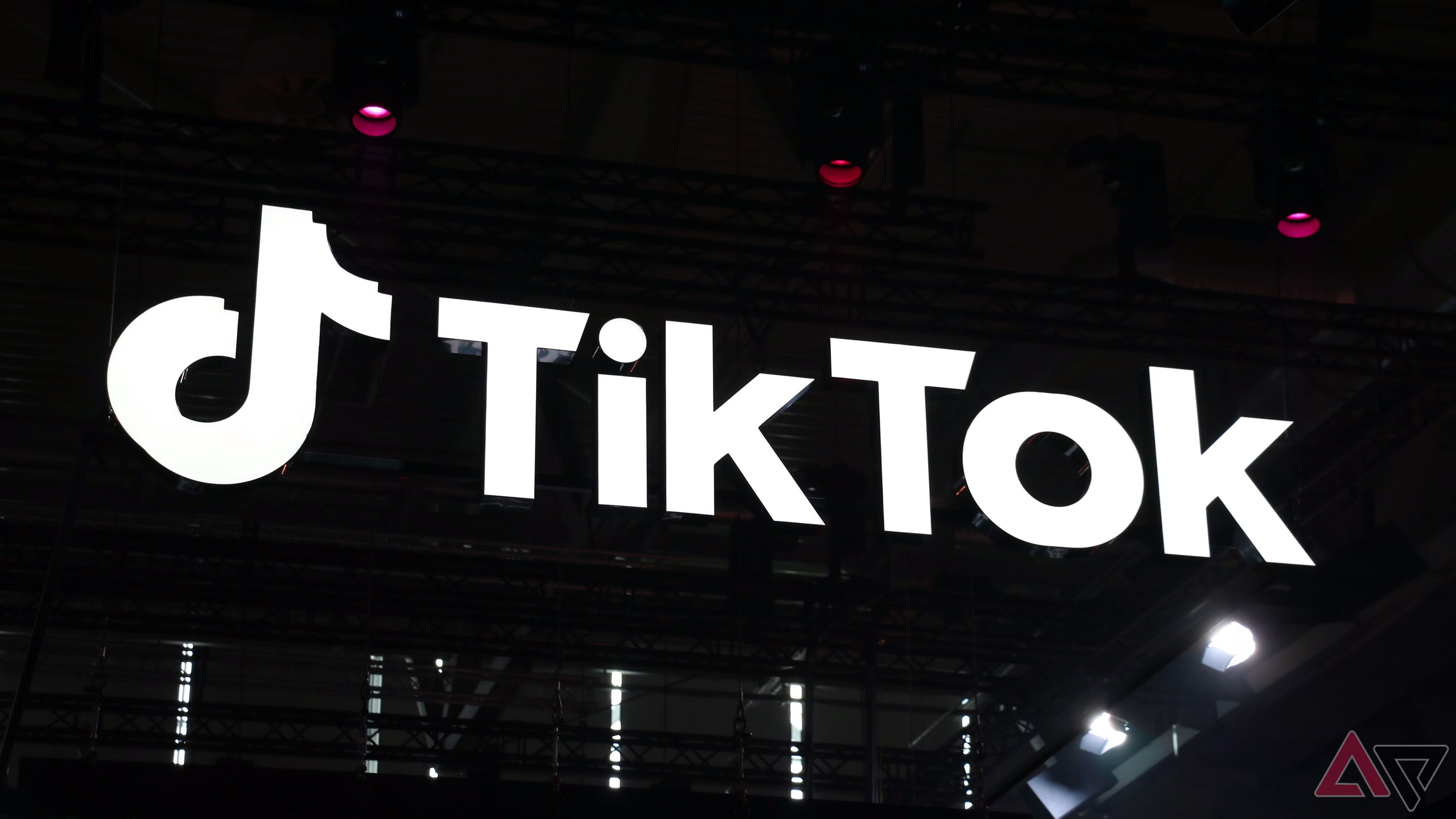The Government of Canada implemented a federal ban on TikTok’s Canadian operations on November 6, 2024, which had Canadian TikTok content creators worried about a possible app ban. However, a prohibition on TikTok Canadian operations is justifiable when there are legitimate concerns about whether ByteDance (owner of TikTok, a popular short-form platform) would share its user data with the Chinese government, leaving millions vulnerable to having their data stolen. TikTok fought against these claims, stating it “doesn’t, and wouldn’t, share information with China.” Believing ByteDance would be more than a fool’s errand.

12 common TikTok problems and how to solve them
Fix all the annoying TikTok issues that interrupts your doomswiping
As of the time of writing, ByteDance is
seeking a judicial review
against Canada’s operations ban.
Canada’s ban is due to undisclosed national security reasons
ByteDance’s association with the Chinese government is a worry
Either way, there’s more at stake, even if you aren’t a TikTok content creator. Having your data stolen is no different from being spied on. Imagine if the company made propaganda or removed content through censorship because of over-exertion and influence from the Chinese government based on the data they see without us knowing. These are examples of concerns, and it doesn’t help that the Chinese government put Canada on edge by setting up its so-called neveropen stations “to provide services to Chinese tourists and the Chinese diaspora in Canada.” TikTok’s controversial record also speaks for itself.
Banning TikTok Canadian operations is seemingly the lesser of evil
Canada is putting trust in its citizens to make the choice
Knowing that many lost their livelihoods due to this decision, and given the unclean record, I think this is for the best, even if other companies are no better. Millions use TikTok, which has seen app bans in several countries, namely India, Iran, and Pakistan. Though Canada chose to place bans on businesses residing in the country, it still sends the message that people should still be weary and cautious while using the TikTok app.
Canada isn’t the first country to push out ByteDance. US President Biden signed a bill under the Protecting Americans from Foreign Adversary Controlled Applications Act on April 25, 2024, that, in part, gave ByteDance nine months or more (under certain conditions) to divest itself of its US business. ByteDance didn’t happily oblige, as the company tried to appeal against this ban, ultimately losing, which resulted in submitting an emergency pause request to the Supreme Court. Some conjure this is a final attempt at stalling the ban before Donald Trump returns to office and having Trump answer ByteDance’s Hail Mary before it’s gone.
When TikTok’s US ban goes into effect, it will remove ByteDance’s presence in the US, including its mobile app availability on the App Store and Google Play Store and accessibility on US browsers. That means users can’t download the app. You can use the app if it’s installed, but it won’t receive updates without third-party access.
This sparked controversy since it was cited that over 150 million Americans used TikTok in 2023, which will cause the number to drop when the app stops receiving updates due to geo-blocking. Canada choosing not to go that route means the app is here to stay on Canadian shores, at least for now.
Will Canada ban the TikTok app?
User-privacy invasion isn’t being addressed enough
According to sources, Champagne told CBC News that Canadians will have to “draw their own conclusions” about TikTok. Still, as with any social media app, they should be mindful of their use. The app isn’t outright banned, but it is up to the consumer to engage with it. Some worry that not banning the app doesn’t solve anything. It still gives them a platform to extract personal information, invading the user’s privacy, and makes privacy probes more difficult. On the other hand, having the operations ban raises awareness of national security and the politics surrounding it, which might educate people to make better choices.
Should Canadians be worried about losing TikTok for good?
Having TikTok out of the picture is healthier than you think
TikTok is one of the most popular media apps. It’s changing how we consume media thanks to its bite-sized shorts. Studies show that TikTok lowers attention spans if consumed too frequently. The reasoning is that you’re training your brain to release dopamine after receiving quick rewards for likes, comments, and views.
Lowered attention spans can weaken your cognitive functions, affecting your ability to focus on activities like reading or studying for extended periods.
Younger people have impressionable brains. It’s also stated that brains only fully mature after reaching your late-to-mid twenties. TikTok’s primary demographic is between 18 and 24, meaning that most are vulnerable to cognition changes. It would be better for long-term brain health if TikTok becomes more challenging to access.
Otherwise, if TikTok’s Canadian operations ban leads to an app ban, it will remove competition from other media companies. TikTok’s primary competitors include Triller, YouTube Shorts, and Instagram Reels. Google owns YouTube, and it has been bombarded with antitrust laws due to its dominance in ad tech. Meta owns Instagram, and Meta has a questionable data collection infrastructure, but Triller isn’t much better. That shows that user privacy is still a problem, even without TikTok.
TikTok bans raise awareness of user privacy
I am for a TikTok-less future. A viral app collecting user data, including location, IP address, search history, and engagement details, is too much. It’s bad enough that we worry about malicious attacks from bad actors who collect the same information intrusively. However, the same can be applied to other platforms, even if the companies are within your nation. Privacy should not be a privilege, and our government must do more to protect us digitally. The TikTok operations ban is eye-opening, telling us more about our privacy problems.






